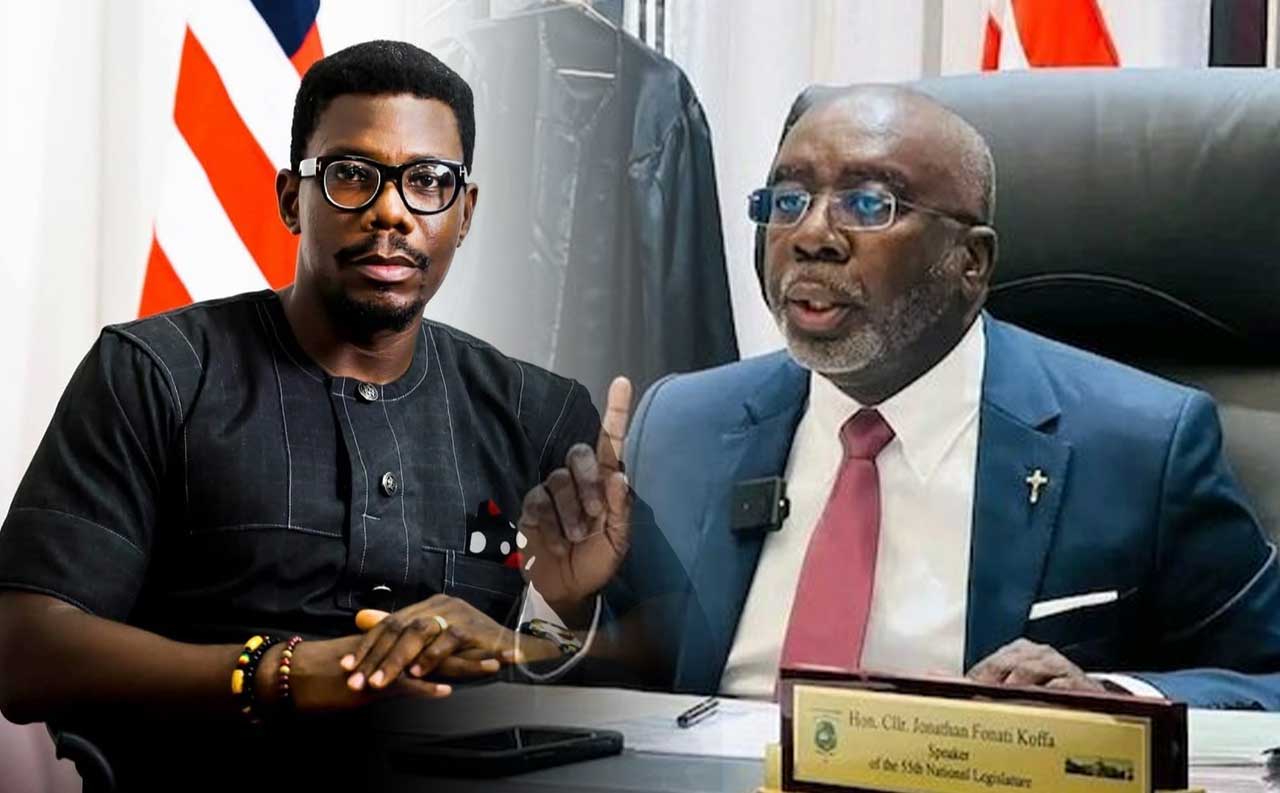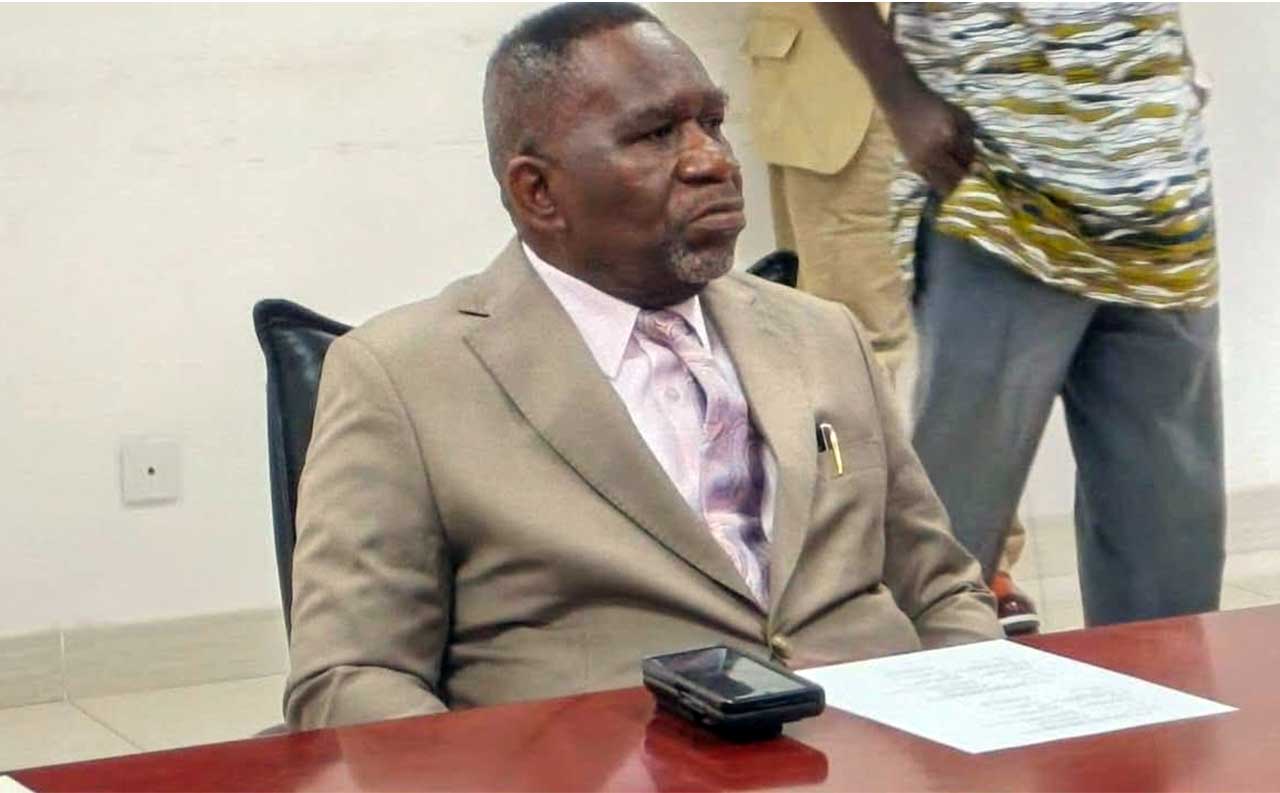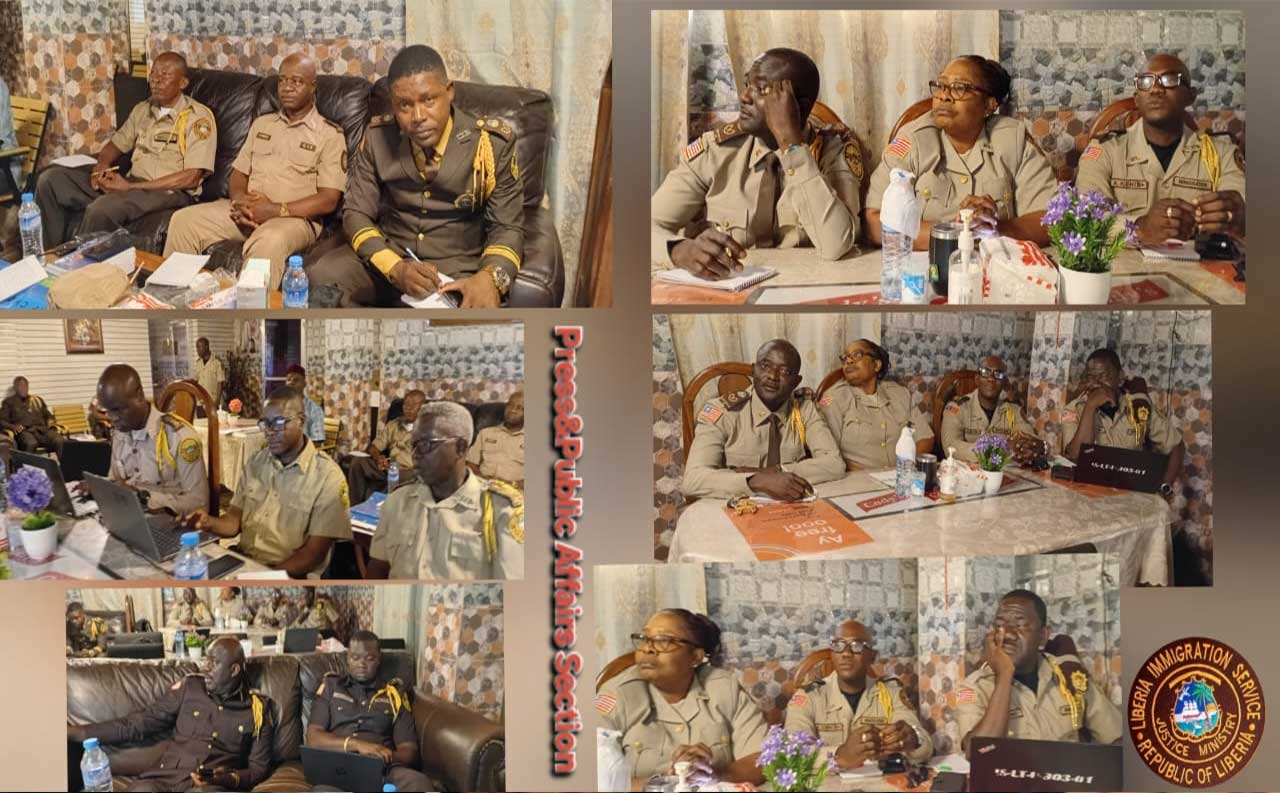Former House Speaker Cllr. J. Fonati Koffa is apparently facing backlash over recent public criticisms against the Oranto Petroleum Agreement, raising concern among economists, business leaders, and development experts. It can be recalled that the lawmaker launched a strong critique of the Atlas Oranto Production Sharing Agreement (PSA), warning that its ratification could endanger Liberia’s petroleum sector and national interests.
In a Facebook post, the Grand Kru County District #2 Representative threatened to file an injunction against the Oranto deal, arguing that Section 17 of the agreement is illegal and questioning why the Ministry of Justice had not taken action. But Cllr. Kanio Bai Gbala, Assistant Professor of Law and a noted governance expert, said the Oranto Petroleum deal represents one of the few major investment agreements concluded in recent years in Liberia’s energy sector.
He pointed out that the deal offers potential for job creation, foreign exchange inflows, and local content opportunities if managed transparently and efficiently. According to him, the politicization of such agreements risks creating a climate of fear and uncertainty among foreign investors.
The Liberian lawyer argues that what he describes as ‘rhetoric’ by the former House Speaker could harm the very economic recovery that Liberia so badly needs. “The Oranto Agreement is a signal that Liberia is open for business again. Undermining it with falsehoods and half-truths only drives investors away,” Gbala said.
He explained that Koffa’s comparison of Liberia’s US$1.2 Million signature bonus to Ghana’s US$20 Million deal is fundamentally flawed. Ghana’s oil fields were already producing when those bonuses were paid, while Liberia’s blocks remain largely unexplored and therefore risky. “No rational investor will pay huge sums for a block that has not yet proven to contain oil,” Gbala observed.
He said that Liberia’s fiscal realities also demand a pragmatic approach. The country faces low domestic revenue, rising debt, and growing social needs. Gbala believes that strategic foreign investment is essential to addressing these challenges. “Investment agreements, when properly negotiated and regulated, are the most realistic pathway to sustainable growth and development,” he said.
Economists warn that careless public statements by senior officials can have real economic consequences. Investors seek stability, predictability, and fairness in host countries. When political leaders appear to oppose legal and properly constituted agreements, it signals inconsistency and deters future deals. Gbala urged the opposition to pursue constructive oversight based on facts and national interest. “Criticism is healthy in a democracy, but it must be guided by evidence and the desire to build, not destroy. Liberia’s economy is too fragile for political showmanship,” he concluded.



